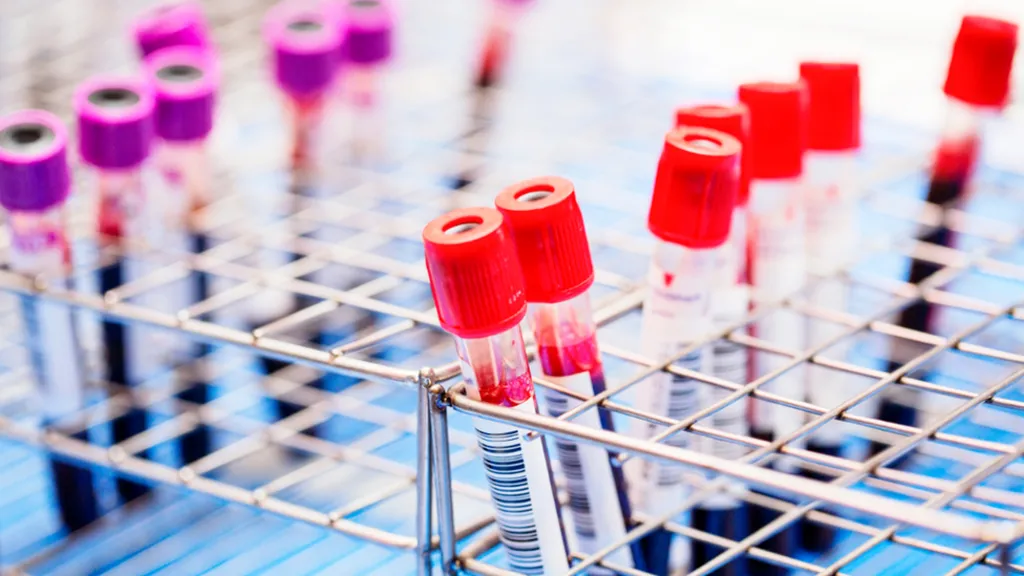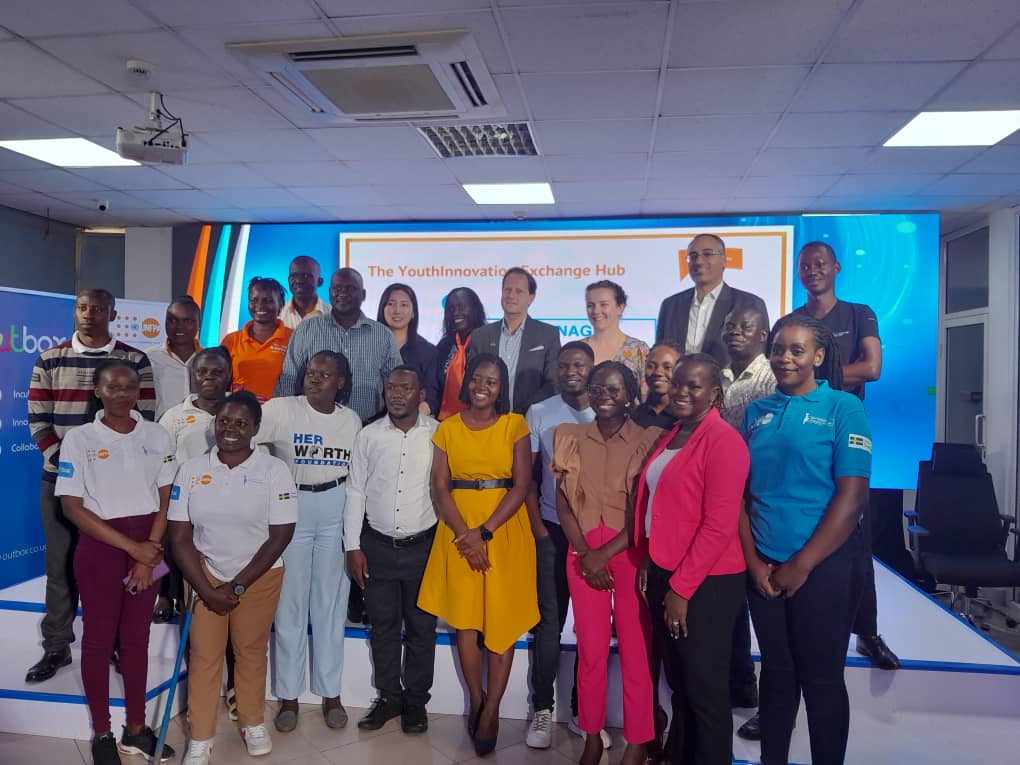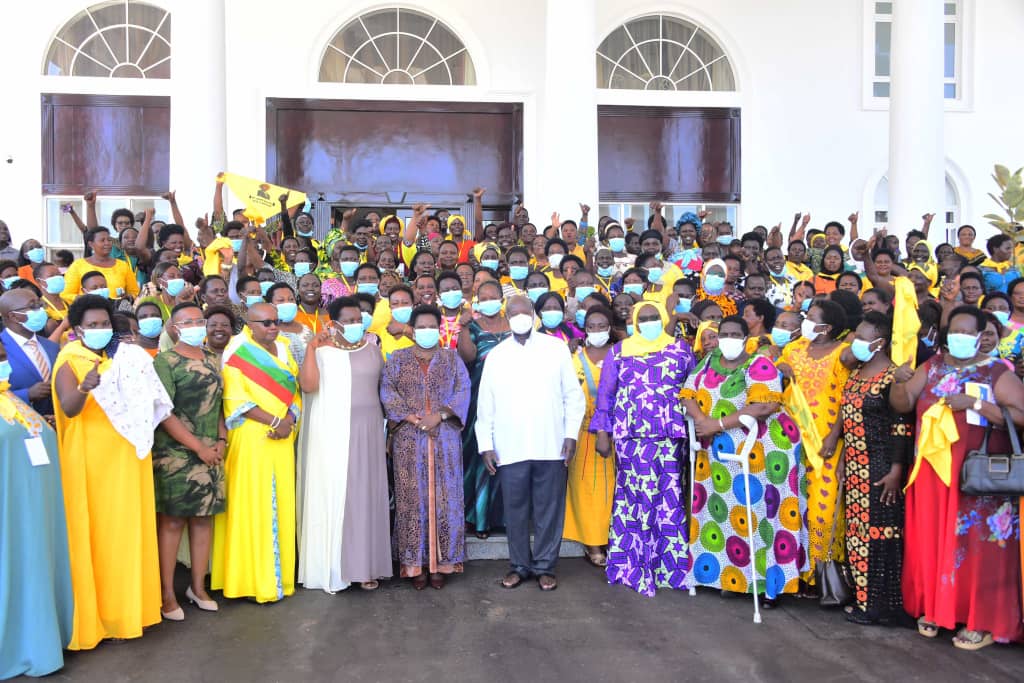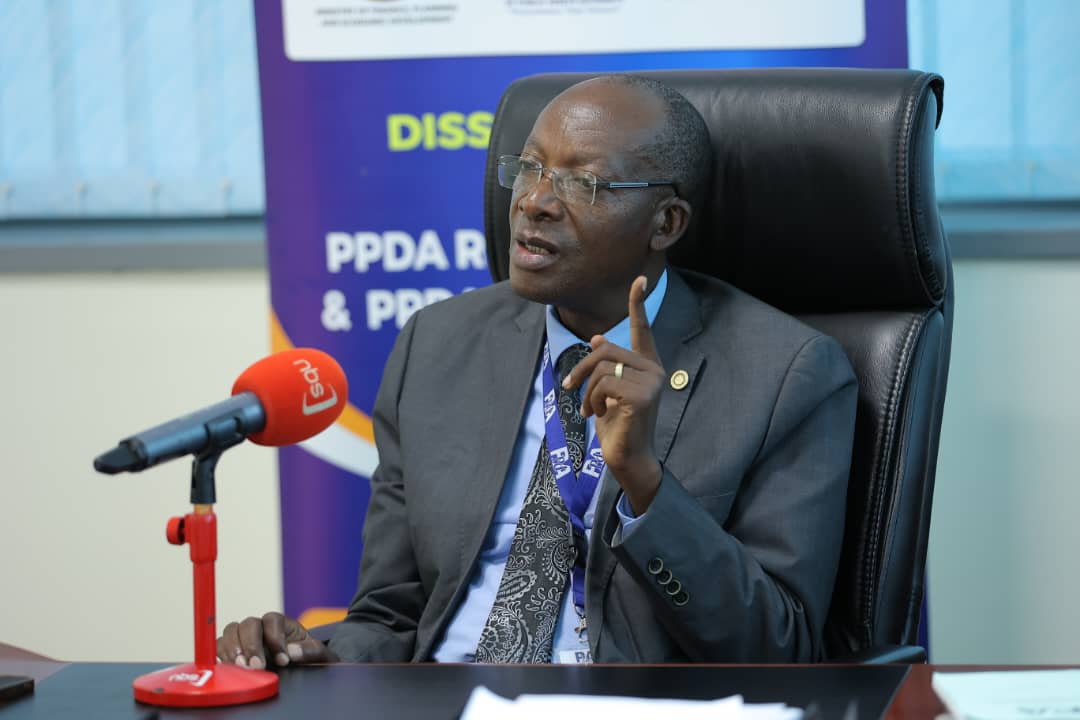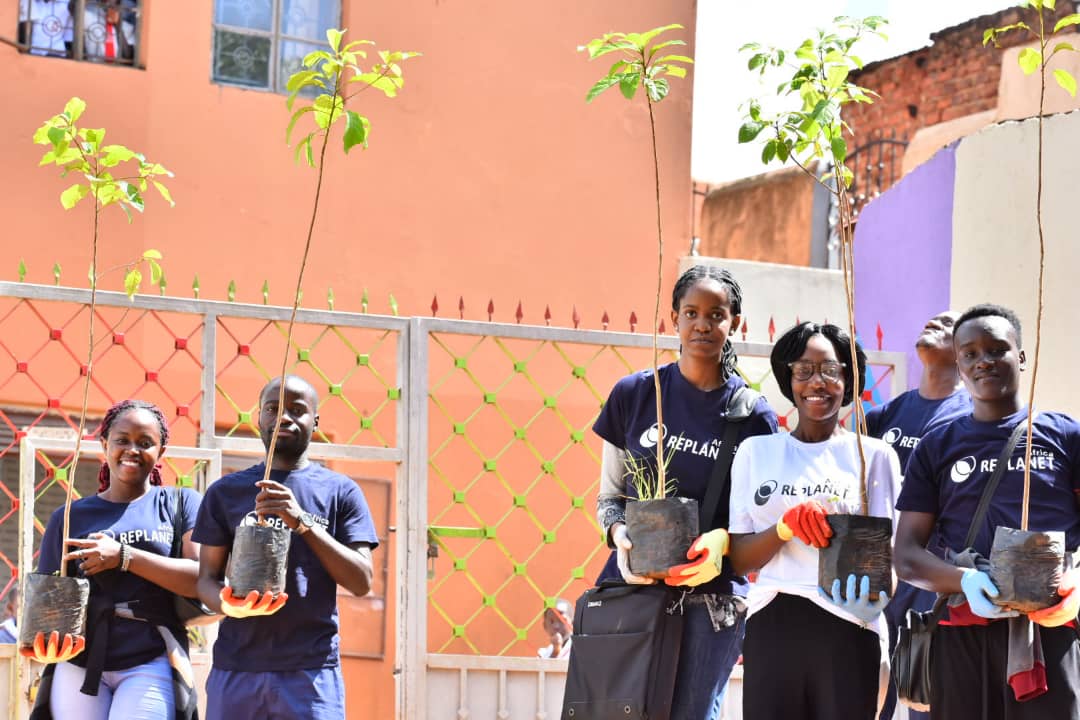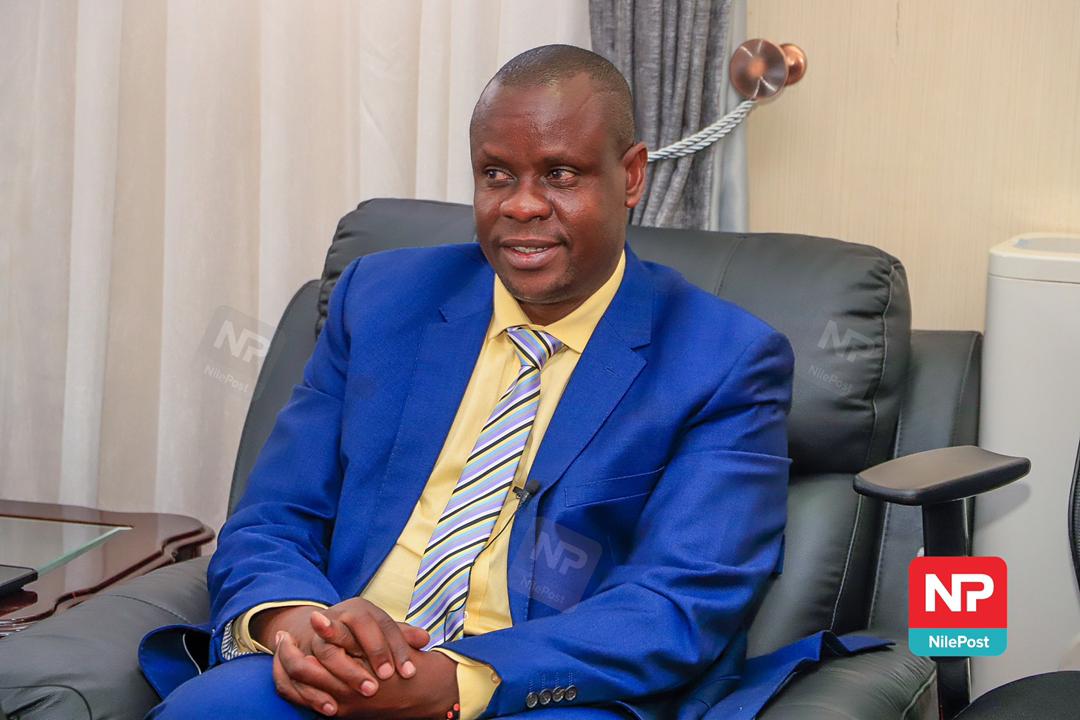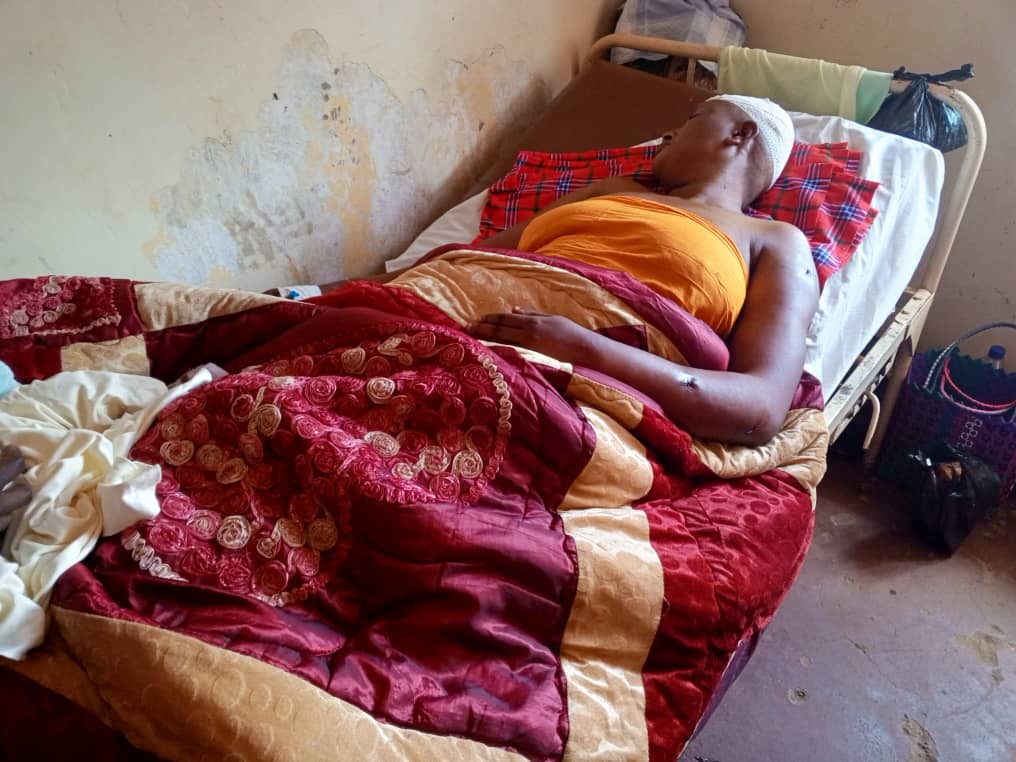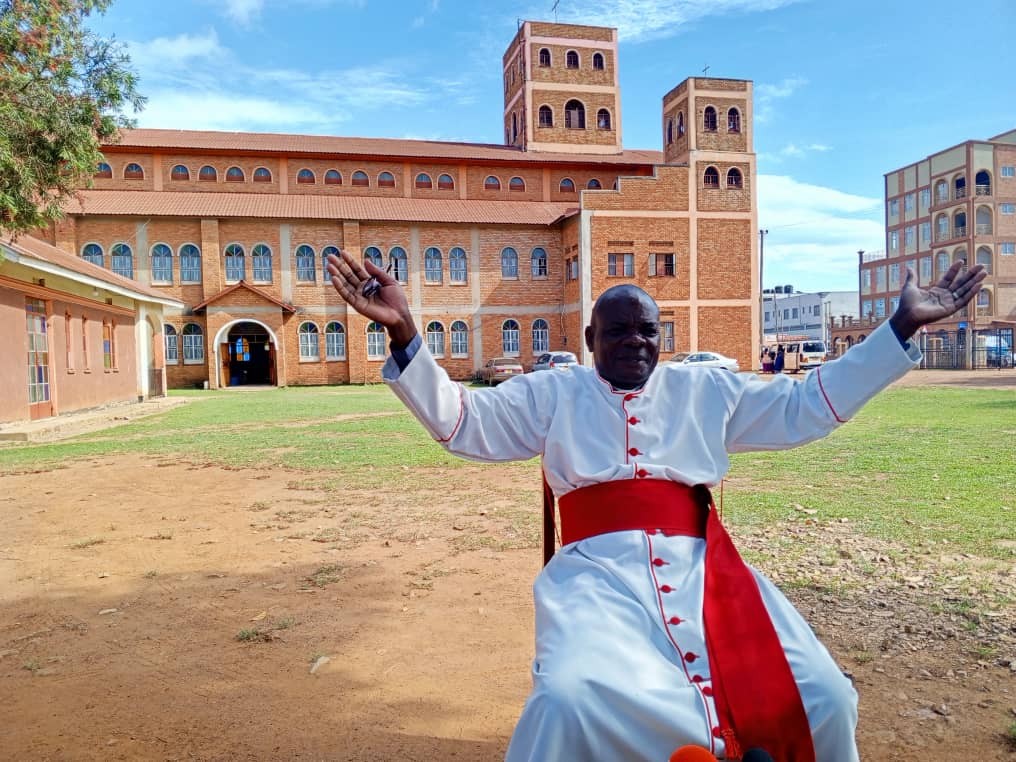Byanyima calls for better protection of women, girls against HIV/AIDS
The executive director, United Nations Programme on HIV/AIDS (UNAIDS), Winnie Byanyima has called for better protection of women and girls, highlighting three issues that she thinks can help to bring the girls to safety and empowerment
Some of these issues she highlighted included: rolling out universal primary and secondary education, teaching the young girls comprehensive sexuality education and challenging toxic masculinities in schools, workplaces, everywhere.
Keep Reading
"Let us support our governments, put the resources down to roll out universal primary and secondary education. It is the leadership of young girls and women that will change the narrative and help us create the equal future we want. Together we will raise their voices and help them," said Byanyima.
She made the remarks while speaking at the high-level meeting on championing the priorities of women and girls in the HIV response in Dar es Salaam, Tanzania.
The meeting held under the auspices of the government of Tanzania and UN Women with support from the U.S. President’s Emergency Plan for AIDS Relief (PEPFAR) brought together emerging young women leaders from 15 African countries – where girls experience the highest risk of HIV infection – to meet with women ministers of health, education and gender equality.
At the same event, the minister for Gender, Labour and Social Development, Betty Amongi said the alarming new HIV infection numbers among adolescent girls and young women require dedicated leadership and prioritisation of the needs of girls and women in the national response plan,
Citing studies by UNAIDS and the Ministry of Health, Amongi noted that while the country had previously made tremendous strides against the epidemic, recent trends indicate that there are unacceptable numbers of new HIV infections among adolescent girls aged 10-19 years and young women 15-24years.
"Estimates show that 98% of new HIV infections among 10–19-year-old boys and girls – occur among girls. And 78% of all new HIV infections among 15–24-year-old young men and women occur in women," she said.



